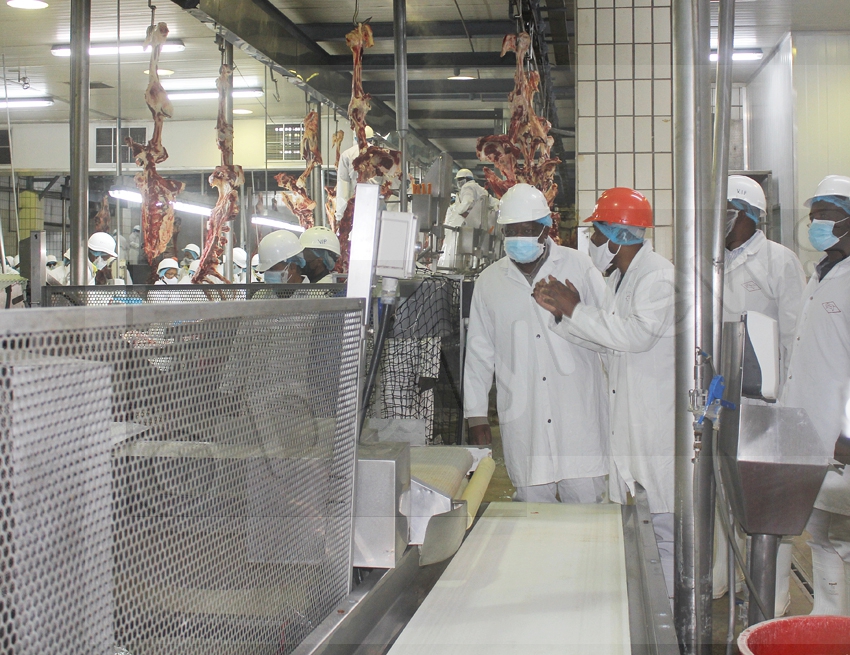Ministry budget sails through
22 Mar 2022
Parliament has approved the Ministry of Infrastructure and Housing Development’s budget of over P490m and P130m recurrent and development expenditure respectively for the 2022/23 financial year.
That followed unanimous backing from legislators who assured the minister, Mr Eric Molale of their support in his efforts to improve infrastructure development and housing in the country as well as implement proposed solutions to the challenges the ministry was faced with.
In response to legislators’ contribution to the debate on the budget on Monday, Mr Molale was of the view that the ministry should take control and coordinate all aspects of infrastructure development. “The ministry should be the one providing the lead in infrastructure provision, rather than having individual ministries undertaking infrastructure development independently.
This will help address the problem of abandoned government buildings owing to a lot of decaying infrastructure that some government departments fail to account for,” he said.
As such, Mr Molale said it was important that a consultative meeting with the Ministry of Land Management, Water and Sanitation Services as well as Ministry of Finance and Economic Development be held to deliberate on the issue and come up with a consensus to check the state of buildings and transfer them to other departments instead of building new ones.
“To just run after new infrastructure leaving old infrastructure unattended is not a wise thing to do, so there has to be that coordination from my ministry,” he said.
Further, Mr Molale said public projects should also keep maintenance budgets.
“Previously, government infrastructure development project included a provision of 10 to 15 per cent of its budget for maintenance.
Also in the past government departments did routine maintenance on buildings followed by cyclical maintenance after every five years.”
He added that the Department of Facilities Management under the ministry once had a budget for maintenance of government buildings in areas they served, in conjunction with user ministries.
“But later ministries felt that they could undertake their own maintenance and took over the exercise.
However, that had proven that it was not the best way to succeed, as such our ministry is compelled to come up with solutions,” he explained.
In rural areas, he said the ministry staff should be tasked with small medium projects to check what needed to be maintained, supervise contractors on site nearer to where the work was taking place rather than having projects supervised from Gaborone.
“This will also help engage small companies in villages in maintaining projects through the handyman system, minor works and ordinary category, so that all the small companies benefitted from maintenance projects,” he added.
Mr Molale further explained that such reforms called for the ministry to centralise before decentralising services and form alliances with strategic partners, including councils.
He said councils were better placed to supervise projects undertaken in villages rather than having technical services staff in ministries headquarters.
“Supervising projects from afar requires a lot of money, yet the quality of supervision provided by council staff is better as they are able to identify defects earlier than those that are operating far away from the project,” he said.
On other issues, Mr Molale highlighted the need for a multifaceted approach to providing housing, given the technologies that had been tested and proven to be as efficient as brick and mortar.
He said technology must, however, be researched because research and development in the building environment were critical. ENDS
Source : BOPA
Author : Kgotsofalang Botsang
Location : Parliament
Event : Virtual Parliament
Date : 22 Mar 2022



